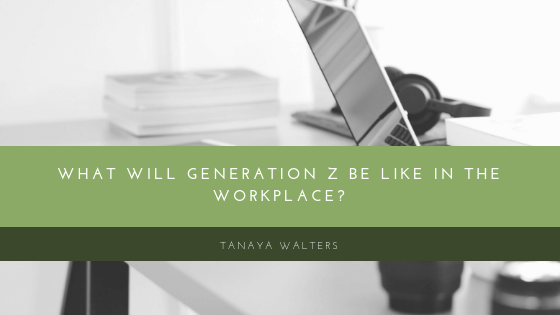As millennials move into middle management, a new generation is entering the workforce. There is little consensus on when Generation Z starts and ends, but typically they’re considered to be anyone born after 1996. This makes the oldest members of the group in their early 20s. Gen-Z is different than the generation that came before them in multiple ways.
More cautious
High school seniors that are part of Gen-Z are less likely to have tried alcohol than the generations that came before them, which demonstrates responsibility. But, they’re also less likely to have their drivers license, which shows a dependence on their parents. Gen-Z does a lot of their interacting through their cellphone, which means they have less experience in handling problems face-to-face.
Interested in finance
Gen-Z highly prioritizes financial stability; 82 percent of first-year college students list being well-off as a priority, versus 36 percent in 1970. Though money is of interest to them, they don’t want to start their own business. This ties into their general caution, as starting a business is a risky process that may not pay off the way you hope. Their finance prioritization also means they’re less likely to take out student loans. In 2016, 47 percent of freshman took out loans. Compare that to 2009, when 53 percent took on student loan debt to pay for college.
Greater diversity
Gen-Z is much more racially diverse than the generations before. There are more Hispanic Gen-Z, and a larger percentage identify as “other.” This means Gen-Z is accustomed to diversity, and more comfortable with it than older generations. They expect that their workplaces will be made of people from all backgrounds and want to work for a company that makes diversity a serious priority.
Competitive
Gen-Zers are likely to be highly competitive in the workplace. They prefer to work independently and want to be judged based on their performance, and not team performance. They understand the importance of constantly working to better their skill set so that they can stay competitive in the workplace. This generation is willing to put in the time and effort to succeed in the workplace but expected to be rewarded accordingly.
While it’s still up in the air what exactly this new generation will bring to the workplace, it’s clear that they’ll differ from the millennials and their parents before them.
